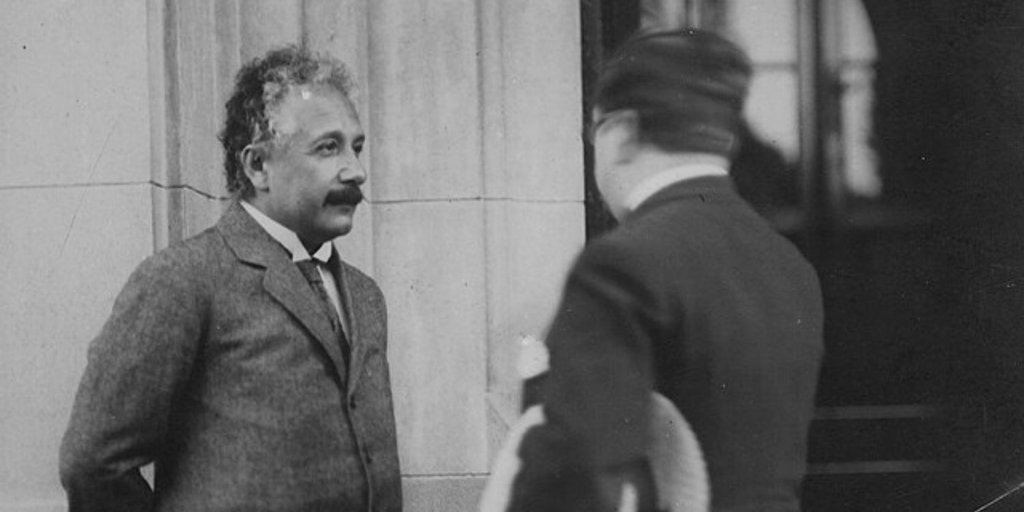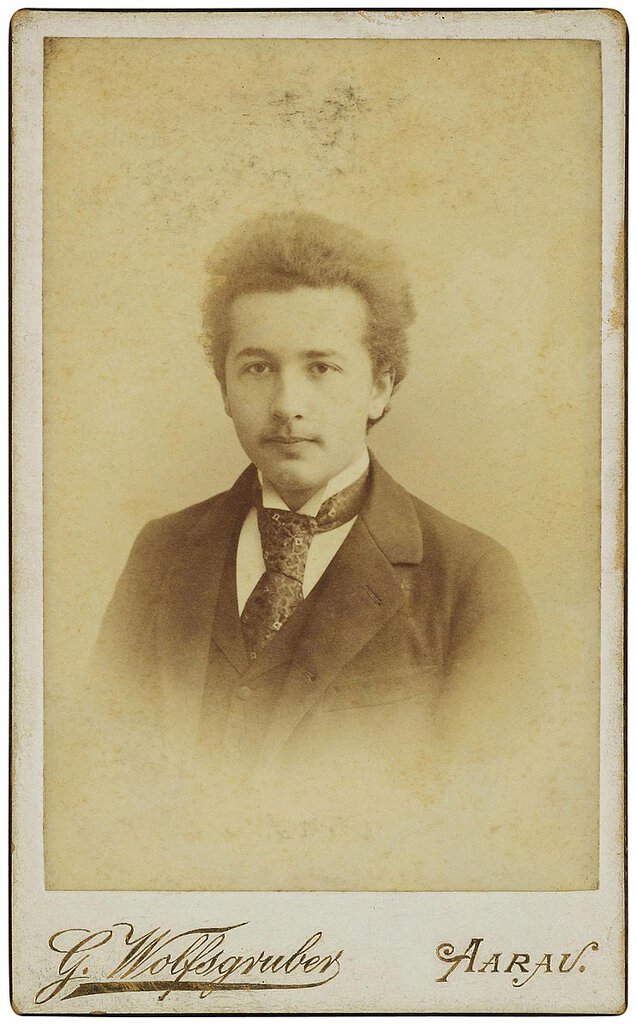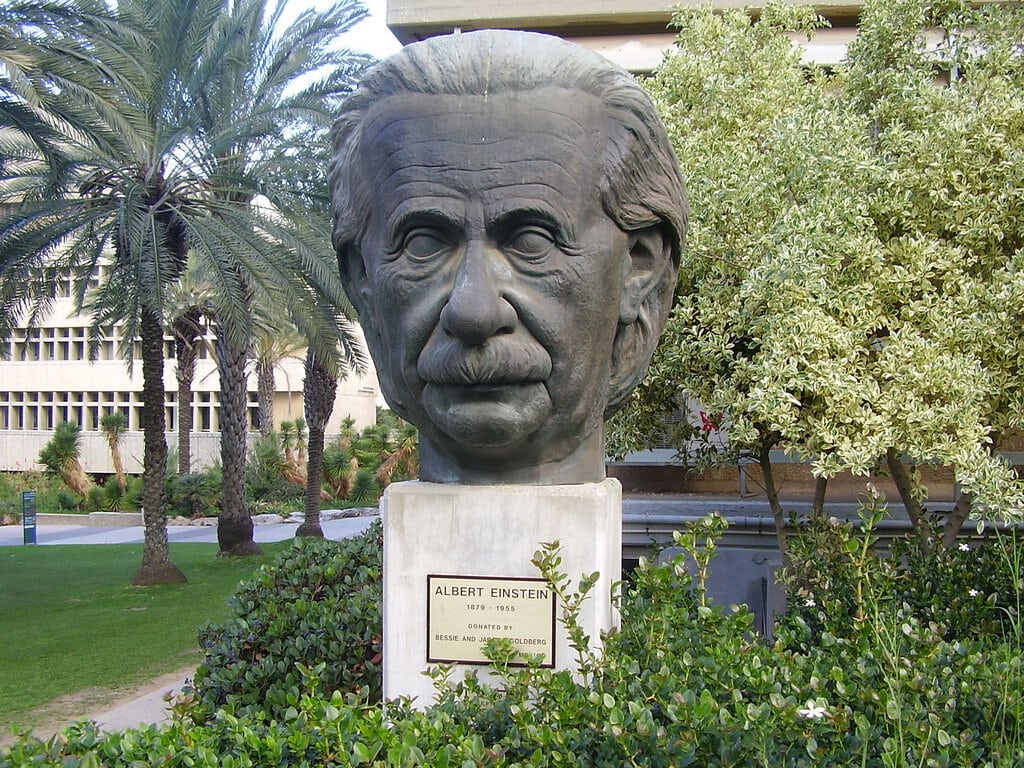
Albert Einstein, renowned globally for his iconic equation, was a towering figure in science. Yet, his life and contributions to physics extended far beyond this famous equation, encompassing groundbreaking discoveries and theories. In this article, we delve into five fascinating facts about Einstein that showcase his genius, humanity, and the profound legacy he left behind.
Nobel Prize for the Photoelectric Effect
While Einstein is most renowned for his theory of relativity, it was his explanation of the photoelectric effect that earned him the Nobel Prize in Physics in 1921. The photoelectric effect describes how light can eject electrons from a metal surface, a phenomenon that classical physics couldn’t explain.
Einstein introduced a groundbreaking concept. He said that light behaves as both a wave and a particle. This fundamentally reshaped our understanding of light and laid the groundwork for quantum mechanics.
The Universe’s Speed Limit
Einstein’s theory of relativity introduced the concept that the speed of light is the ultimate speed limit in the universe. The theory suggests that when an object approaches the speed of light, its mass and energy increase indefinitely. It establishes a cosmic speed limit that is unsurpassable.
This groundbreaking idea has had a lasting impact on physics, fundamentally altering how we perceive space, time, and motion.
A Lifelong Passion for Physics
Einstein’s fascination with physics began at a very young age. At just five years old, he was captivated by the invisible forces that moved the needle of his compass. By twelve, he had taught himself geometry from a textbook he affectionately called his “holy geometry book.”

This early curiosity and self-driven learning set the stage for his lifelong quest to understand the mysteries of the universe.
Advocate for Peace and Justice
Einstein was a scientific genius and a passionate advocate for peace and social justice. He was a vocal opponent of militarism and nationalism, famously leaving Germany at 16 to avoid mandatory military service. He even called nationalism “the measles of the human race.”

In 1952, he was offered the presidency of Israel, a testament to his global influence and respect. However, he declined because of his inexperience in dealing with people. He was also physically unable to take on the role.
Remembering Einstein’s Legacy
Albert Einstein’s life was a blend of extraordinary intellect, curiosity, and a deep sense of justice. His contributions to science extend far beyond his famous equations, influencing countless areas of research and societal thought.
These five facts provide a glimpse into the man behind the legend, illuminating the diverse aspects of his legacy that still captivate and fascinate us today.